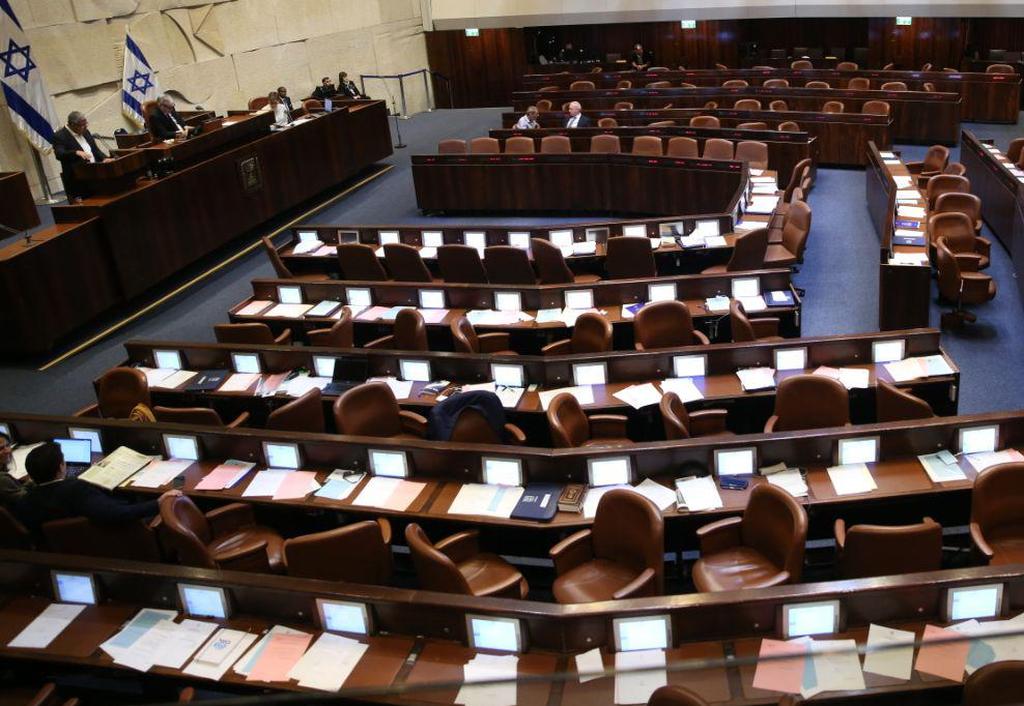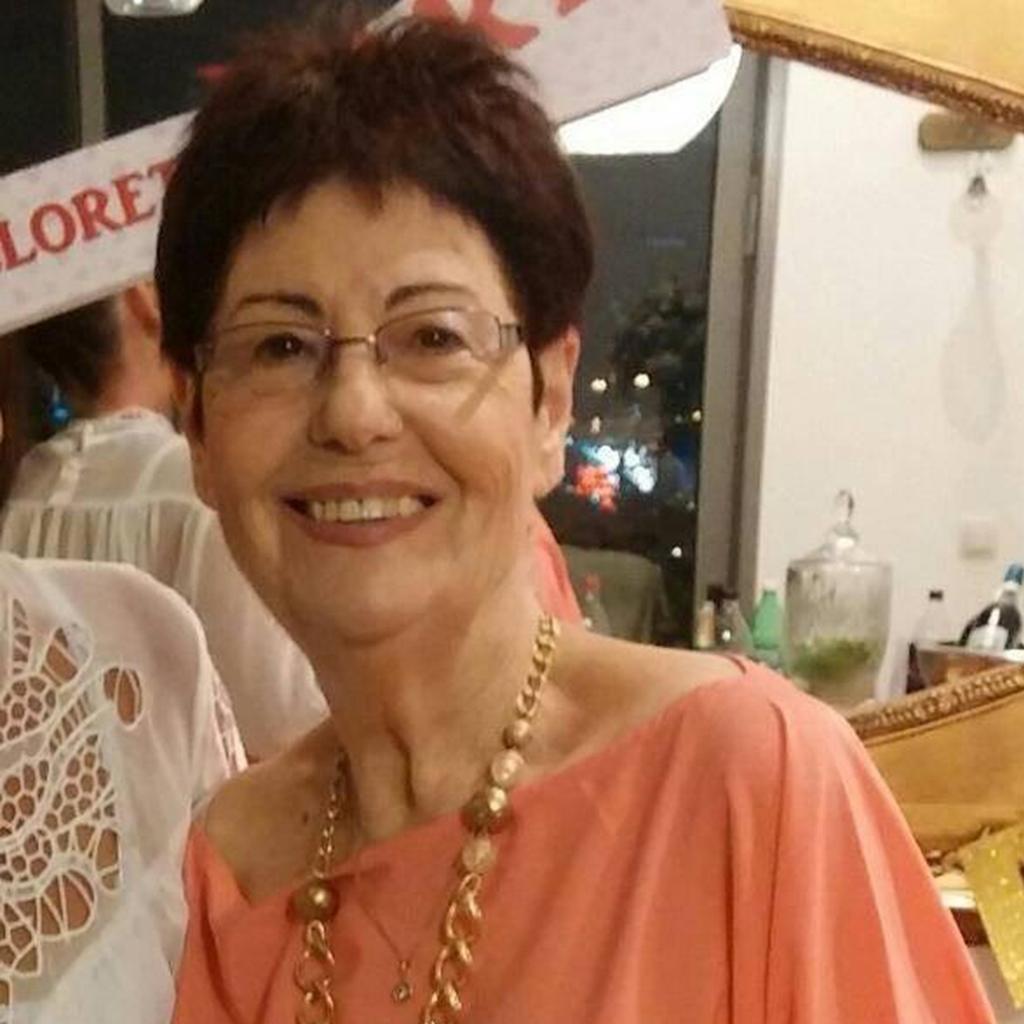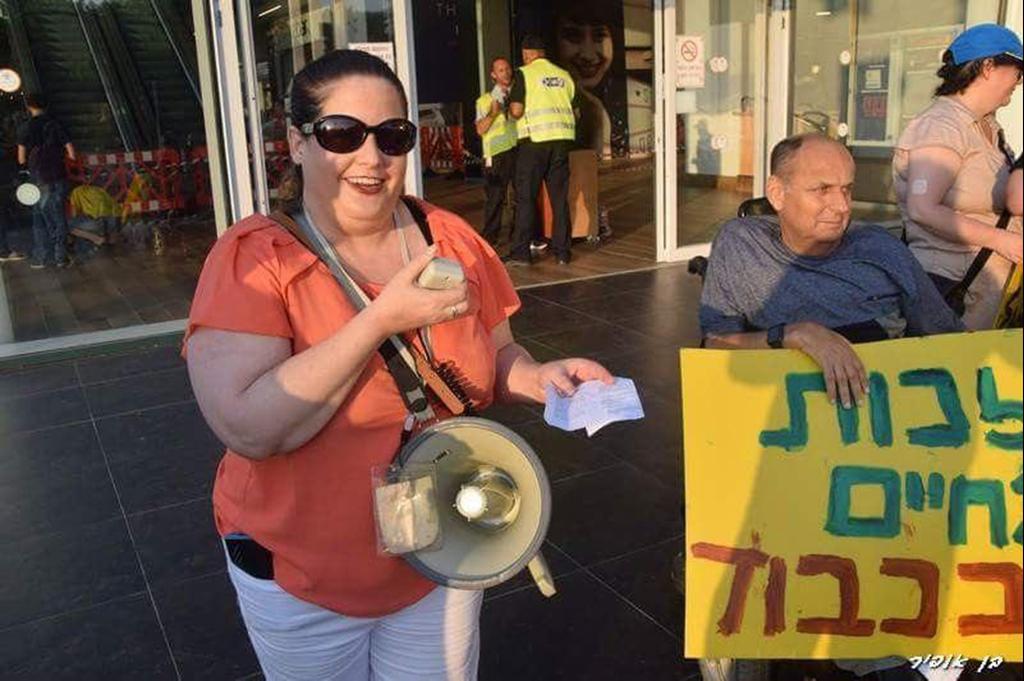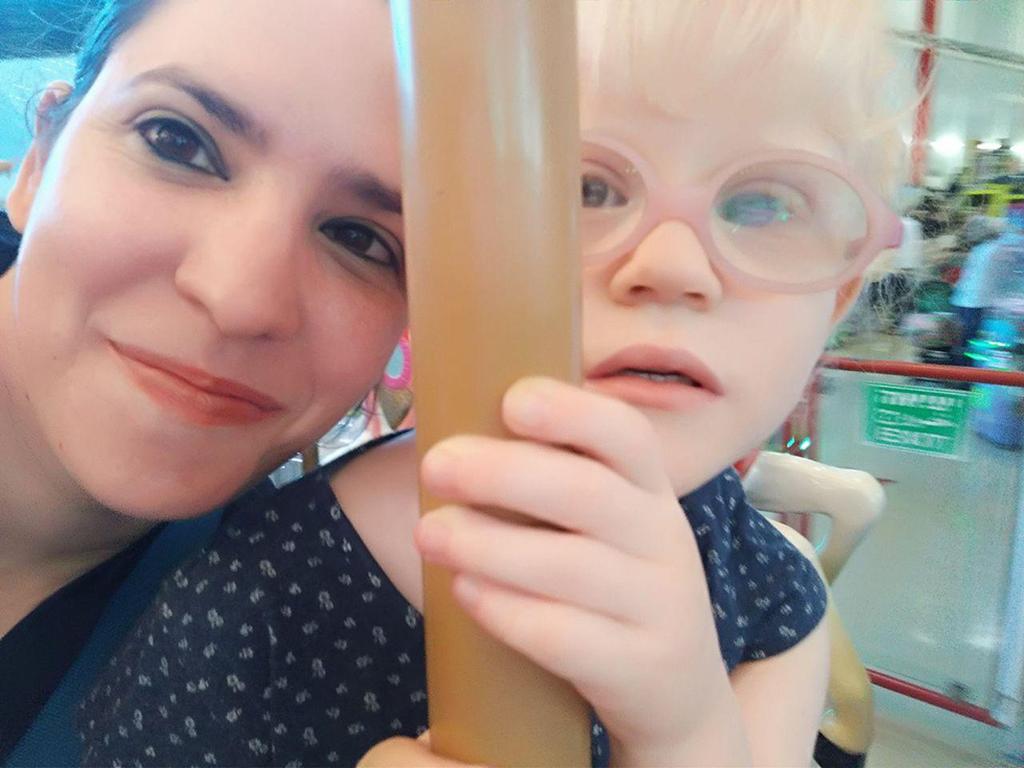Israel has been in the midst of an election campaign for over a year after two ballots failed to see a clear winner elected and able to form a government.
As a result, the government in its capacity as caretaker has been unable to pass a budget, causing severe cuts to government services and important programs to be stalled, all at the expense of the public.
Healthcare
The healthcare system in Israel is on the verge of collapse. Internal medicine divisions in all hospitals report the most overcrowding, underfunding and understaffing.
A long-awaited report commissioned by the government has been presented to the relevant officials but since there has been no duly elected government to adopt any of its findings.
The report sites three crucial fixes that must be immediately put into action: Investment in infrastructure, an increase in staff, and acquisition of the latest available technology.
The current reality is that the 111 internal medicine wards, treating more than 300,000 patients a year, are at over 100% capacity year-round with hundreds of patients treated in beds placed in hallways because of overcrowding, and an overworked and exhausted medical staff.
dining
"None of the political parties understand the extent of the crisis. They are all consumed by the coronavirus but forget that these patients will need hospitalization in our internal medicine wards," Professor Avishai Elis, Secretary of the Internal Medicine said.
"After years of neglect we are stuck waiting for the political stalemate to end and for decisions to be made."
Internal medical practitioners agree. "Look how much money and resources were diverted to treat 15 people who may have been exposed to the coronavirus," said one doctor. "We should be receiving that kind of budget every year to deal with winter illnesses. We treated 50 patients in a ward that has 40 beds but that seems acceptable to our management," he said.
Pensions
The pensions of 270,000 people in the legacy pension plans are facing a 1.3% cut as of April 2020 because of the political stalemate. This is the first-ever cut in pensions and will amount to a cut of NIS 1,000 per year, hurting the elderly who survive mostly on the meager income from social security.
The cut is a result of deficits that have accumulated in the pension funds after the government failed to raise the retirement age for women that still stands at 62 years of age, despite a government decision to raise the retirement age for women to 65 that passed last June but was suspended until a new government could be installed.
Ruth Aharon, a 79-year-old resident of Tel Aviv stands to lose part of her income. After a 25-year career, she now fears her pension is being taken away from her. "This is a serious blow. They are taking money out of my pocket," she said. “Drug prices are going up every day, basic food and transport is up not to mention the price of fruit and vegetables. I will have to find somewhere to cut my expenses, maybe less presents for my grandson, maybe I will have the family over for meals less."
Ruth said that pension payments have not risen in years while prices have increased. "It’s like a slap in the face," she said. “The supermarket till does not care that my income has not changed since the day I retired, and now they will cut even that sum."
The chairman of the pensioners union Shmulik Mizrahi that the cuts are an unforgivable crime. "We don't understand why our pensioners are being held hostage because of an inability in the government to implement a decision that has nothing to do with the people now being sanctioned. Half the recipients of these pension plans receive NIS 2,000 to NIS3,000 per month and to cut more from such a low sum is impossible."
Stipends to the disabled
A law to raise the monthly stipends to disabled Israelis stipulated that the increase was to be implemented in two stages in a some to be determined by the end of 2019. after the ministers of finance and social welfare inform the government of their recommendations.
contrary to the law, no recommendations were made at the end of last year or in the months since because there is no budget passes and the amounts available for the disabled, remain unknown. This population already in need is left with no indication of how much, when and if at all they will see an increase in their income.
Pema Shahar (41) from Haifa has been disabled since she was involved in a car accident 20 years ago. The delay in increasing her government stipend affects her life daily.
"Any sum, NIS 100 or NIS 200 determines how much food I can buy and if I can afford a winter coat – which many disabled people go without. As a disabled person how am I supposed to feel when the government refuses to put me on the top of their priority list?" she asked, "What does it say about a system that cannot care for its weakest members?"
Pema said the government's lack of consideration permeates to the public, "It is very offensive. I see the reactions of people when I board a bus, and someone has to move to make room for me."
Education for children with special needs
A program for special education schools passed Knesset legislation and has come into effect this school year.
The parliamentary committee behind the law was to oversee its implementation but despite problems in the planning and budgeting stage that have been highlighted by educators and parents, there is no parliamentary body to oversee, correct and implement changes.
This is the most far-reaching education system reform in years. Its aim is to incorporate children with special needs in regular classrooms with the aid of professionals and with the added benefit of special education classes and support programs.
"The fact that the program is proceeding without supervision compounds years of neglect." Said Adi Rodriguez, the mother of two autistic children. "They are being discriminated against because of their conditions."
Teachers pay
The contractual agreement between the government and the teacher's union expired last year and though it has been extended, due to the political chaos, talks towards a new agreement have not resumed, despite expectations that teachers pay will be improved.
"Teachers have become accustomed to decisions pertaining to their lives and income are made without them, so they are the last to demand anything. We just hang around waiting," said Shlomi Blecker who teaches science and technology in Ashdod.
"We are dependent on the graces of politicians, there is no one we can talk to, the ministry tells us that we must wait because there is no government."





